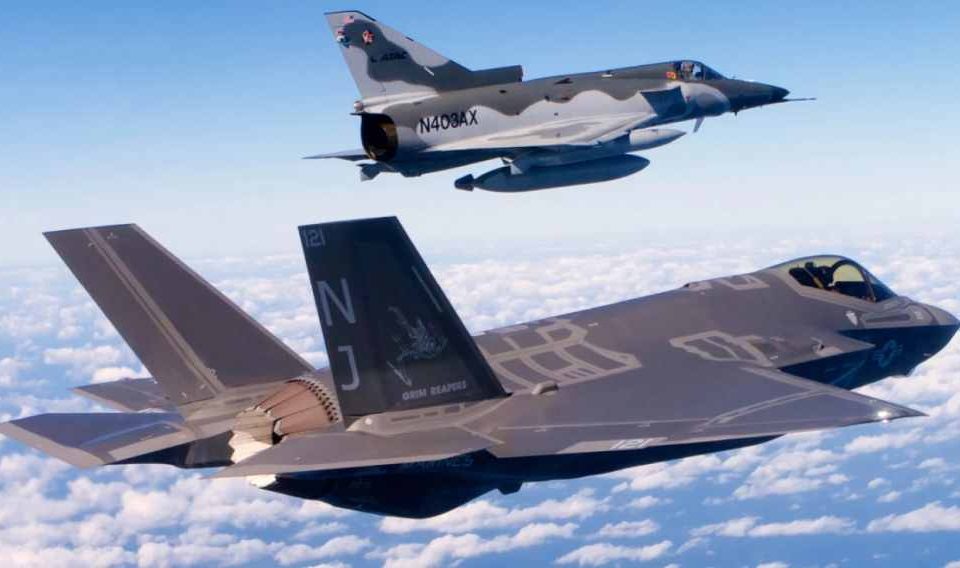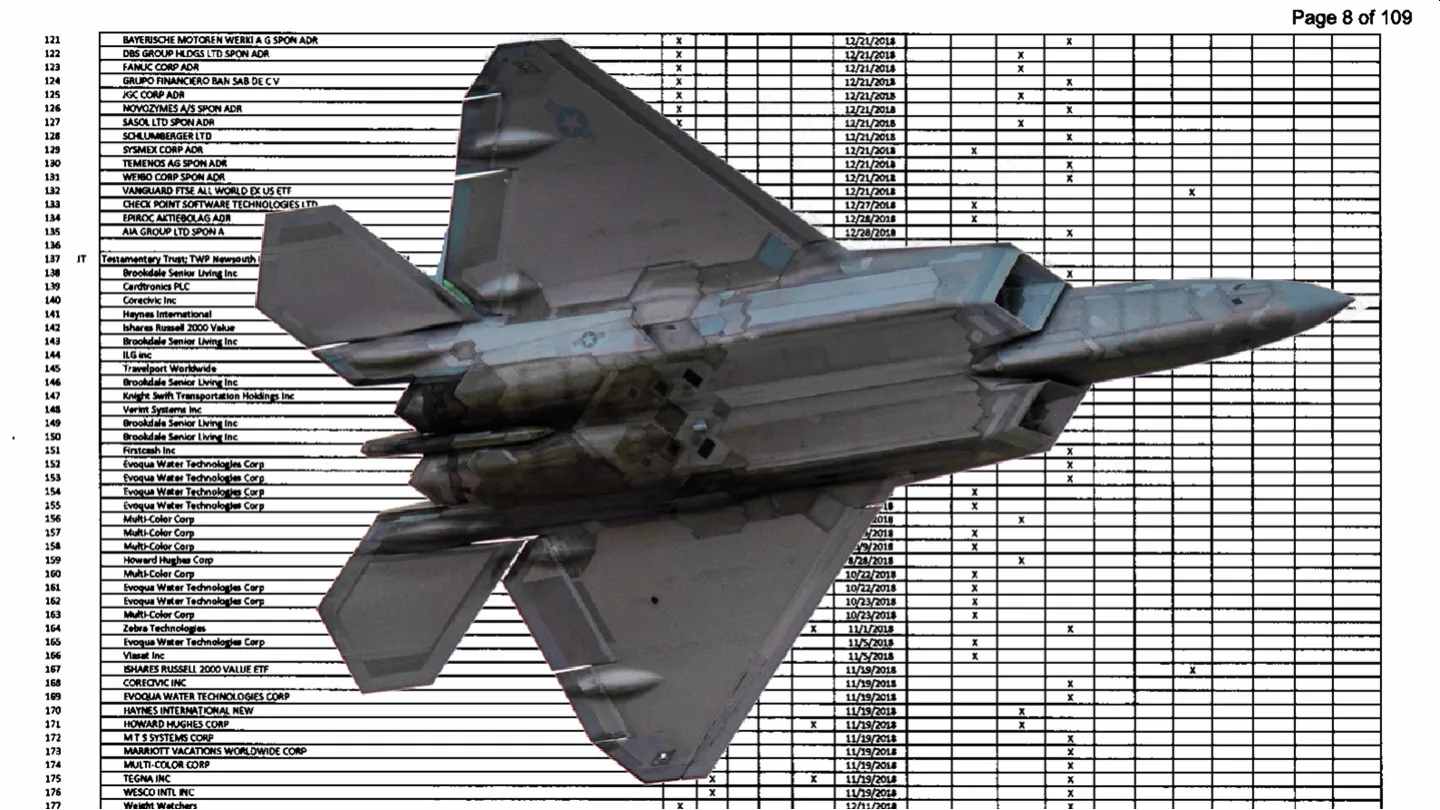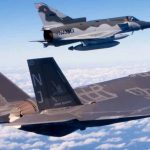War Profiteering: Why big tech companies love war and how they rake in billions from the US government’s $750 billion defense budget

During President Trump’s final year in office, the United States national defense budget requested was $752.9 billion. Then this year, Congress increased that number by $25 billion, ultimately landing at $778 billion for fiscal 2022.
As the war between Russia and Ukraine reaches its first month, millions of Ukrainians have been forced to leave their country. Today, at least four million refugees have fled Ukraine to the neighboring countries of Poland and other places in Europe.
As the war intensifies, small tech startup companies are also stepping up to support millions of Ukrainian refugees that flee to the neighboring countries and other countries in Europe and around the world. Just this morning, we wrote about HomesforUkrainians, a not-for-profit organization that recently launched a website to connect host families in the UK with Ukrainian refugees.
However, even as millions of people around the world are praying for this war to come to an end, some big tech companies would love to see this world continue forever. These companies are part of the group that Former President Dwight D. Eisenhower described in his farewell address. During the speech, President Eisenhower warned the nation to guard against the potential influence of the group he called the “military-industrial complex.”
“Only an alert and knowledgeable citizenry can compel the proper meshing of the huge industrial and military machinery of defense with our peaceful methods and goals, so that security and liberty may prosper together,” President Dwight D. Eisenhower said.
Since the war on terror started over two decades ago, tech companies have made trillions of dollars through contracts with the United States military and other government agencies during the “war on terror,” according to a 2021 report.
These tech companies are not just the top defense contractors like Lockheed Martin, Raytheon Technologies, Boeing. and Northrop Grumman, they also include other internet companies. The “Big Tech Sells War” report, published in September by three U.S. campaign groups, documented an explosion of government contracts with Amazon, Facebook, Google, Microsoft, and even social media site Twitter.
“From 2004 to today, Big Tech corporations have seen a huge climb in federal demand for their services, particularly from the Pentagon and Department of Homeland Security,” the report said.
War Profiteering
You may be wondering how these companies make their money. According to Brown University, these tech companies profit from a war economy in at least three ways: logistics and reconstruction, private security contracting, and supplying weapons.
Per Brown University, “these companies also took advantage of wartime conditions—which require speed of delivery and often involve less rigorous oversight—to overcharge the government or engage in outright fraud.” According to OpenSecrets.org, a sizable portion of the $740 billion Pentagon budget was spent to buy weapons Lockheed Martin, Boeing, Northrop Grumman, Raytheon Technologies, and General Dynamics.
Over the last year, major American defense companies also struck deals to sell $175 billion worth of weapons, including $23 billion worth of F35 fighters and drones to the United Arab Emirates, and multi-billion dollar sales to Taiwan and Saudi Arabia. For example, weapon sales accounted for 89% of Lockheed Martin’s total sales of $65.4 billion. The company’s arms sales also increased by 7.7% from 2019 to 2020.

These tech companies are on track to make even more money as the United States continues to supply weapons to Ukraine in the war against Russia. The video below goes into detail on how who got rich off the war in Afghanistan.




